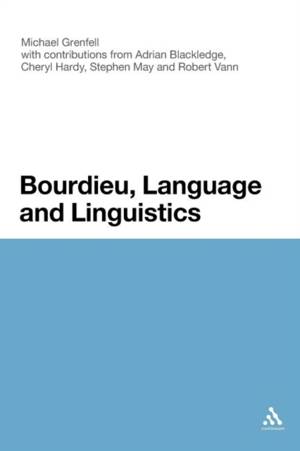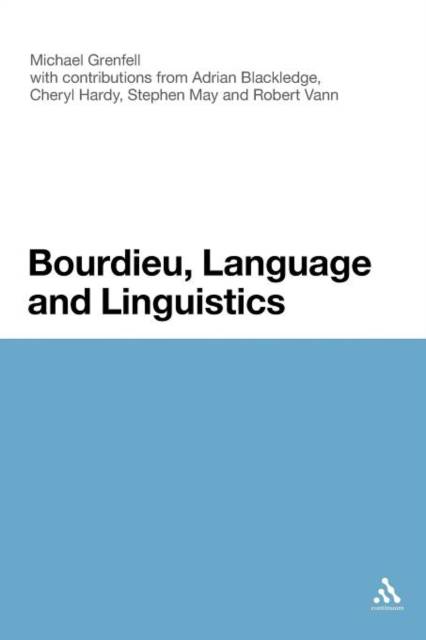
- Retrait gratuit dans votre magasin Club
- 7.000.000 titres dans notre catalogue
- Payer en toute sécurité
- Toujours un magasin près de chez vous
- Retrait gratuit dans votre magasin Club
- 7.000.0000 titres dans notre catalogue
- Payer en toute sécurité
- Toujours un magasin près de chez vous
88,45 €
+ 176 points
Format
Description
Pierre Bourdieu is regarded as one of the foremost social philosophers of the twentieth century. His output included extensive studies of education, culture, art and language. He went beyond being a sociologist to being regarded in the same 'public intellectual' role as Sartre, de Beauvoir and Foucault.
Issues surrounding language permeate Bourdieu's entire oeuvre. Although he did undertake empirical studies on language in a range of contexts, very little of this was published. This book redresses this balance; it sets out what Bourdieu has to say about language and why, and exemplifies this approach through a series of empirical language studies. This book will appeal to researchers across the world in fields such as sociology, philosophy, cultural studies, anthropology but is of especial interest to language and linguistics scholars.Spécifications
Parties prenantes
- Auteur(s) :
- Editeur:
Contenu
- Nombre de pages :
- 272
- Langue:
- Anglais
Caractéristiques
- EAN:
- 9781441154699
- Date de parution :
- 24-09-12
- Format:
- Livre broché
- Format numérique:
- Trade paperback (VS)
- Dimensions :
- 156 mm x 234 mm
- Poids :
- 381 g

Les avis
Nous publions uniquement les avis qui respectent les conditions requises. Consultez nos conditions pour les avis.






